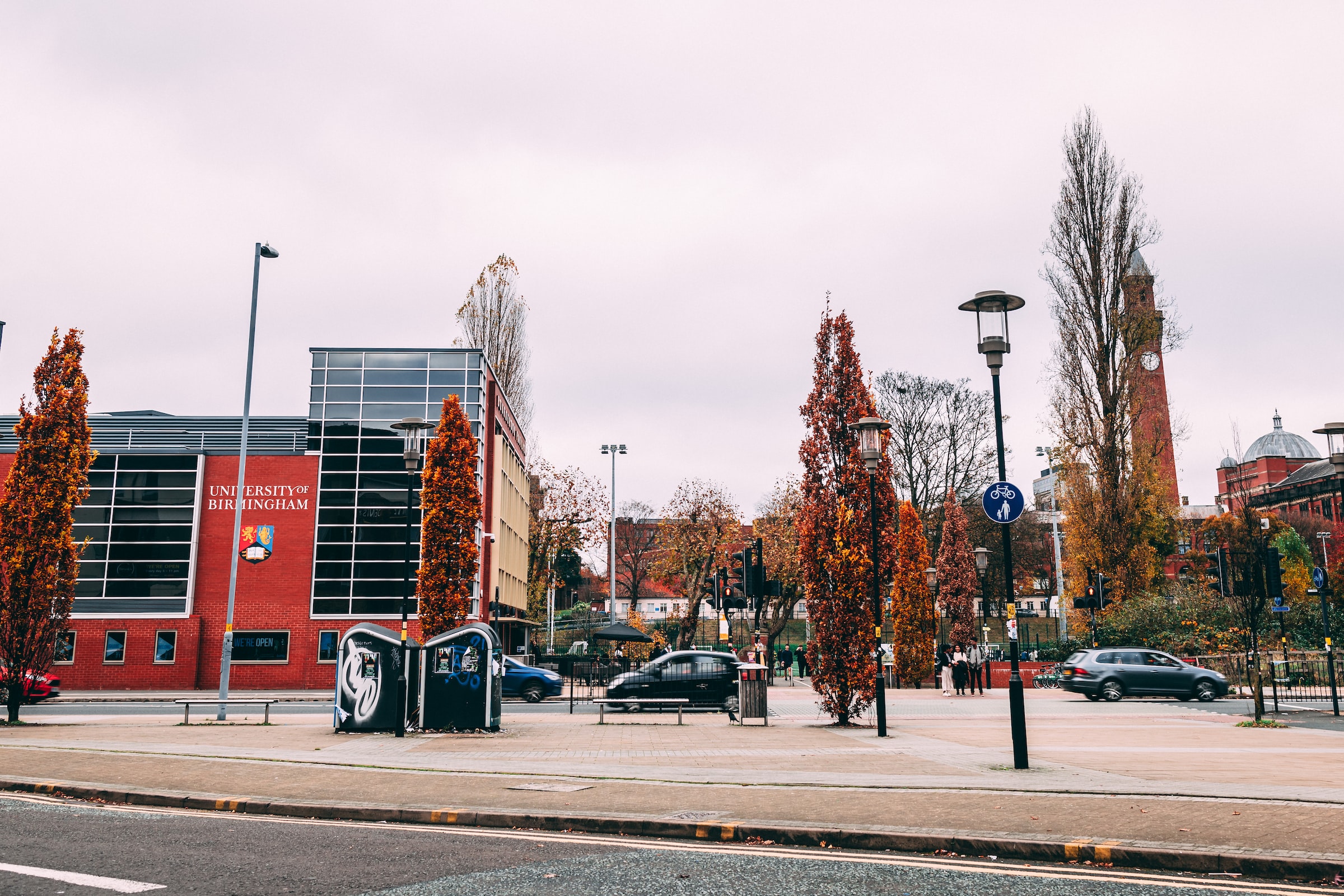
Film Critic Anna Suffolk praises Céline Sciamma’s Girlhood, an empathetic and refreshing insight into life as a young, Black woman in Paris
Girlhood is one of those films that captivates you instantly; straight from the opening scene, you understand that it is a strong and eclectic coming-of-age film. Set in the outskirts of Paris in a cité (council estate), it centres on young Marieme (Karidja Touré), who cares for her younger sister whilst trying to avoid the wrath of her older brother. She does not consider her academic life strong enough to be worthwhile so finds solace in friendships with bullish Lady (Assa Sylla) and her followers, Fily (Marietou Toure), and Adiatou (Lindsay Karamoh).
[Girlhood] explores the reality of burgeoning adulthood
Directed by Céline Sciamma (Tomboy, Portrait of a Lady on Fire), the film explores the reality of burgeoning adulthood and the complexities of forming a non-white identity for teenage girls in France. Its national identity and consciousness are white-centric, whereas this film explores a section of society concealed from a mainstream view of France and its culture. French media prides itself on its nation’s classic, white, femme view of womanhood, whilst Sciamma’s film depicts the opposite. She does so through Marieme, who takes on the name ‘Vic’ (for ‘victory’), emblematically represented through an engraved necklace that her new friends give her as she begins to explore her changing ‘girlhood.’
Girlhood transcends typical stories of quaint adolescence
Girlhood transcends typical stories of quaint adolescence; it embodies the complexities of identity growing up on the outskirts of Paris. There is a lot at stake: Vic’s abusive brother is not allowed into seconde (A-Level classes) and both cannot help but feel like outsiders as they grow up. Paris may be considered the most diverse city in Europe but the stereotypes of the luxe white Parisian femme are still widely perpetuated.

It becomes an ethereal experience for the four girls
After committing theft, the girls pay for a hotel room, drink and take drugs. The film transforms into a music video of sorts as Rihanna’s Diamonds swamps the audio. It becomes an ethereal experience for the four girls who are completely lost in the joy of music. The visceral cobalt-blue lighting that takes over this scene is hypnotic and makes you as lost in the visuals as the girls are in the music. This remarkable cinematography is in contrast to the realism used everywhere else in the narrative, making the sequence even more poignant.
Vic and her friends turn to petty crime and the realities of such a life become clear. She proves her strength in a fight against another girl but is also assaulted by her brother. She embraces a double life, as shown through her fashion which switches from hyper-sexualised to the loose-fitting outfits of a tomboy. She eventually walks away from it all in the very final scene, now determined and unafraid of the life ahead of her.
A raw and refreshing insight into the life of a black teenager
Stories like Vic / Marieme’s have largely been held back from mainstream media. Girlhood provides a raw and refreshing insight into the life of a black teenager in France in the 21st century. She isn’t perfect but her representation stems further beyond the confines of one city, a feeling of division that is universal across all interchangeable aspects of society. MUBI, the streaming platform Girlhood is showing on, curates films from across the globe in this spirit, showcasing a spectacle of languages, cultures and experiences.
Verdict:
Céline Sciamma’s Girlhood redefines archaic Parisian stereotypes whilst showcasing a fresh narrative of burgeoning adolescence and arguing that individualism is foremost over collective identity.
8/10
Girlhood is currently streaming on MUBI.
Looking for more powerful and empathetic cinema? Try these reviews from Redbrick Film:
Redbrick’s Picks: Black Lives Matters
Comments